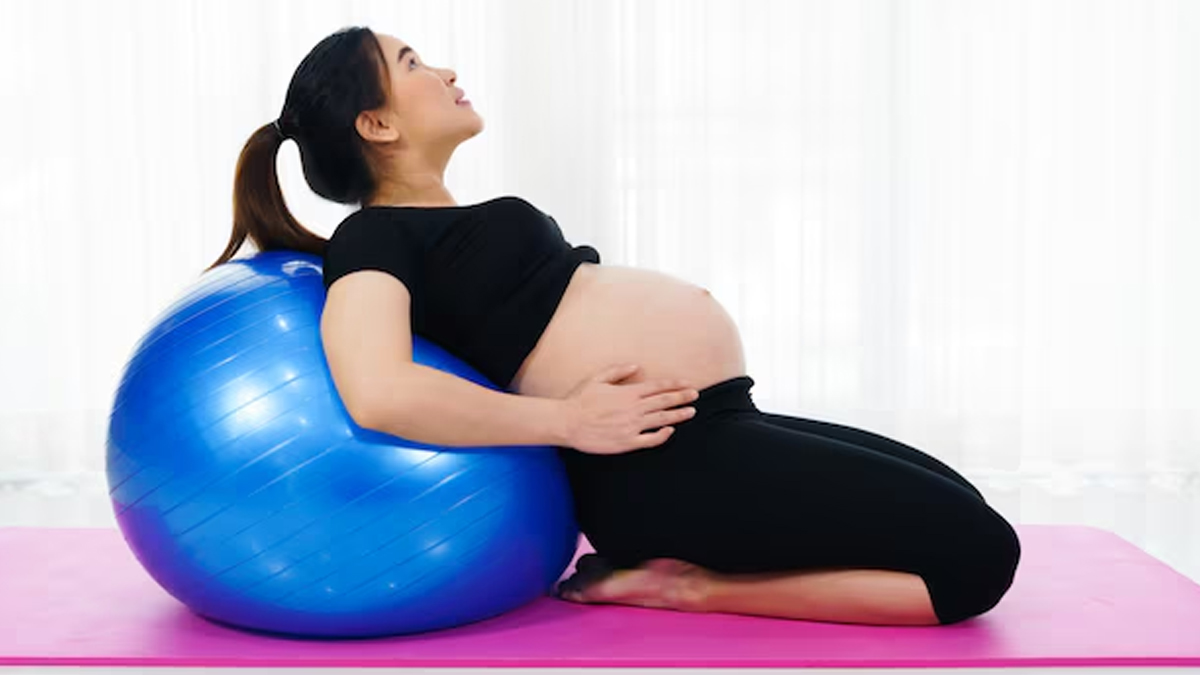
During pregnancy, it's common to hear advice like “You should eat for two” or "Avoid caffeine completely." These well-known nutritional myths can confuse expectant mothers trying to make the best decisions for their health and their baby’s development. Understanding what’s true and what’s not is key to maintaining a balanced, healthy pregnancy. To shed light on this, we spoke to Priyanka Goenka, Nutritionist, Dame Health, who helped clarify some of the most prevalent myths and provided expert guidance on what moms-to-be need to know.
Table of Content:-
Nutritional Myths During Pregnancy
Myth 1: Eating for two

Fact: "Caloric intake for pregnant women needs to increase when pregnant. However, the increase should be gradual and overeating should be completely avoided," said Goenka. Overeating can harm both the mother and the child, especially if the mother eats a lot of empty calories. Empty calories come from foods that cause instant sugar spikes, which is unhealthy in the long run.
The increase in calories should be as follows:
- No extra calories are needed in the first trimester.
- An addition of 340 calories per day in the second trimester.
- Daily caloric intake should be increased by 450 calories in the third trimester.
Though there should be an increase in caloric intake, pregnant women should not make any major changes in their regular diet, except making the diet nutrient-rich.
Myth 2: Eating allergy-developing foods
Fact: As long as the expectant mother does not have a known allergy, foods like nuts, milk, and other dairy products should not be avoided.
Goenka listed a few foods that need to be cautious of before eating:
- Fish: Pregnant women should choose fish with low mercury levels to protect both mother and child. Safe options include salmon, rohu, catla, and sardines. Avoid raw or undercooked fish.
- Raw or undercooked foods: Sprouts or eggs, although a great addition to the diet, may contain bacteria like Salmonella or E. coli, which can cause infections that may affect both the mother and the child.
- Unpasteurised milk: Unpasteurised milk can also contain Salmonella or E. coli. To avoid infection, pasteurised milk should be preferred. For alternative dairy options, consulting a health professional is recommended.
Also Read: Pregnancy And Antidepressants: What You Need to Know About Risks And Monitoring
Myth 3: Avoid caffeine totally when pregnant

Fact: "While it is of utmost importance to avoid having alcohol during pregnancy, an expectant mother can enjoy a cup of coffee. It is suggested that a minimal intake of 200 ml or less in a day does not cause miscarriage or premature birth," said Goenka.
Pregnant women should limit their caffeine intake by avoiding cold drinks, tea, and chocolate while having a cup of coffee. According to a 2007 study, caffeine crosses the placenta with ease, and its metabolism slows during pregnancy. While high doses of artificial caffeine can harm fetal rats, the amount required is about ten times more than a human could consume, even if they only drank extremely potent caffeinated beverages in quantities that would make them sick.
Myth 4: Breastfeeding comes naturally
Fact: Many expecting mothers think that breastfeeding will come naturally to them, nor have they received as much knowledge. The babies are born with a sucking reflex, but the mother might need to be taught how to latch the child to her breast.
“Breastfeeding takes time and practice to be established, and a new mother should not be ashamed to seek the necessary help during this time. There are many resources and lactation consultants that can guide them through their breastfeeding journey,” added Goenka.
Also Read: Is Watermelon Safe During Pregnancy? Expert Insights and Benefits Unveiled
Myth 5: Avoid exercising when pregnant

Fact: "Engaging in light-to-moderate exercises during pregnancy is essential. According to a 2018 survey with obstetricians, about 97% of them reported engaging in light to moderate aerobic exercise 2-5 days a week for women in the first trimester," said Goenka.
However, women who did not engage in regular physical activity before pregnancy should consult their healthcare professional before setting up an exercise routine.
Bottomline
Goenka concluded, "Navigating pregnancy nutrition involves understanding common myths to make informed choices. By focusing on a balanced, nutrient-rich diet and consulting with healthcare providers, expectant mothers can support their health as well as their baby’s development effectively. This includes consuming a variety of foods that offer essential vitamins and minerals, such as folic acid, iron, and calcium. Addressing misconceptions and following expert guidance enables pregnant women to optimise their nutrition, reduce potential risks, and promote a healthier pregnancy and baby."
[Disclaimer: This article contains information provided by an expert and is for informational purposes only. Hence, we advise you to consult your own professional if you are dealing with any health issues to avoid complications.]
Also watch this video
How we keep this article up to date:
We work with experts and keep a close eye on the latest in health and wellness. Whenever there is a new research or helpful information, we update our articles with accurate and useful advice.
Current Version